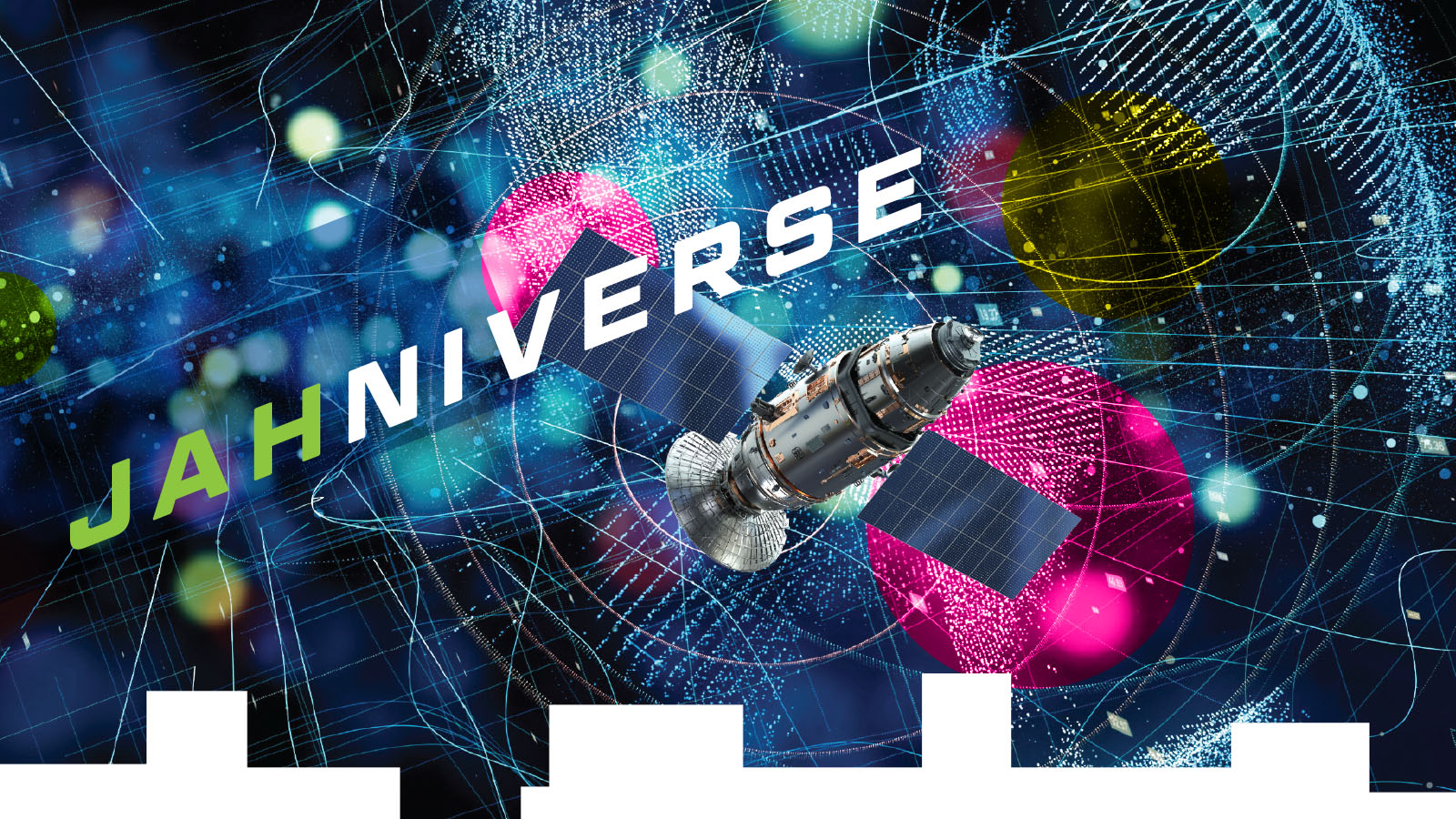Stay Up to Date
Submit your email address to receive the latest industry and Aerospace America news.
The movie “Don’t Look Up” humorously satired our society’s greed and stupidity even in the face of an apocalyptic comet headed toward Earth, but the film also saddened and motivated me. The apathy struck a chord with my own as-of-yet unsuccessful efforts to awaken the populace and policymakers to space debris and its potential consequences on our lives, whether from disruption to GPS-based precision timing services for bank transactions, the loss of Earth observing satellites for land and water management, or the harm to future space exploration.
It is evident to me that wicked problems cannot be solved if people can’t seem to connect with how the unsolved problem could hurt or limit them. So the challenge is to find a way to effectively persuade people to accept the gravity of the problem. This film helped me realize that a different approach from our current appeal to altruism or alarmism will be required if we are to break through and find solutions.
People sometimes ask me whether I believe a cataclysmic event in space will be needed for the global community to take holistic and coordinated action. After Russia’s November anti-satellite test, I thought that the specter of astronauts rushing for safety aboard the International Space Station would be consequential enough to drive change, provided I and others discussed it loudly and clearly. But my voice and those of others has perhaps fallen on partially deaf ears. Not enough of humanity realizes that Russia caused a form of pain and suffering, even if no astronauts were physically harmed and as yet no satellites have been damaged.
Clearly, solving the space debris problem will require more than gathering and publicizing more evidence. We’ll need to spark a philosophical awakening that makes people more sensitive to that evidence. Space environmentalism as my dharma or raison d’etre sprang from my epiphany during my adolescent years that our universe is of a common source and therefore all things are us, or in other words, interconnected. If a majority of humanity were aware of this interconnectedness, many global problems would be solved because we would understand that to cause harm to or hate anything is ultimately an act of self-harm.
My thesis about why this is hard to achieve is alluded to in the Book of Genesis and can also be seen in how children develop. At first, children do not know themselves to be separate from their environment. They are ignorant of living among individuals, just like Adam and Eve were ignorant of nudity until they ate fruit from the tree of knowledge. Through experience and evidence provided to them by adults, children gradually come to see themselves as individuals, and at that point many will forget that they are interconnected to all things. Acquiring this knowledge of individualism is equivalent to eating from the Bible’s figurative tree of knowledge. Believing ourselves to be separate and independent from our universe is the original sin, the peccatum originale, alluded to in the Bible. For many, this interconnectedness remains elusive, but as with any sin, it is not inevitable. Just as nearly all of us learn not to lie or steal, we can learn not to pollute space by reviving our sense of interconnectedness.
The challenge is to make the evidence of this interconnectedness more difficult to ignore. The answer resides with our computing machines evaluating massive quantities of disparate and heterogeneous data such as aggregating climate data, vehicle locations on land, air and sea, geopolitical tradewinds, and more. The objective would be to discover unknown relationships across previously assumed independent processes and events.
Humans are excellent at extracting information from data when it’s presented as differences and rates of change, and inferring correlations and causality by understanding context while rejecting extraneous data. We do this much better than machines. What we aren’t good at is evaluating a raw, massive hyperdimensional trove of data. Instead of trying to force humans to excel at something we are incapable of doing, let’s instead invoke the assistance of machines in a way that complements what humans are in fact good at. This is the role of augmented intelligence.
Once machines comb through these data, we can then identify otherwise unknown causalities. The results would explicitly show us the degree to which we are all interconnected and provide us with greater insight to include the consequences of our activities on the environment. The machines could also make use of social scientific signals to determine the most effective way to convey this truth to us, one that would likely lead to a more positive outcome than the one seen in “Don’t Look Up.”
Once we are no longer ignorant about our interconnectedness, we can accept the gravity of wicked problems like ones posed by space traffic and orbital debris. We will thank our machines for being our key to understanding ourselves more than ever before. In the end, it will take machines to lead us back to knowing our common source. In the meantime, please look up.
About Moriba Jah
Moriba is a professor at the University of Texas at Austin and chief scientist at Privateer. He helped navigate spacecraft at NASA’s Jet Propulsion Lab and researched space situational awareness at the U.S. Air Force Research Laboratory, and is an AIAA fellow.
Related Posts
Stay Up to Date
Submit your email address to receive the latest industry and Aerospace America news.




